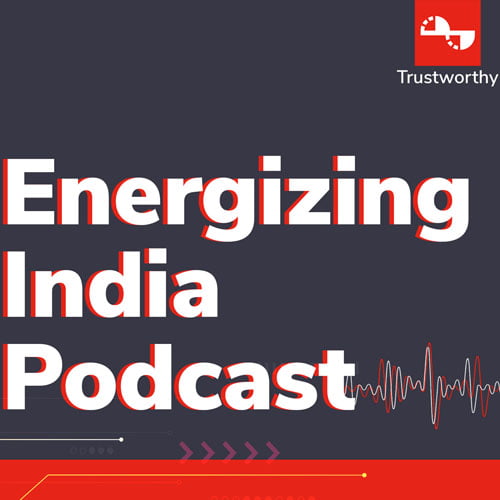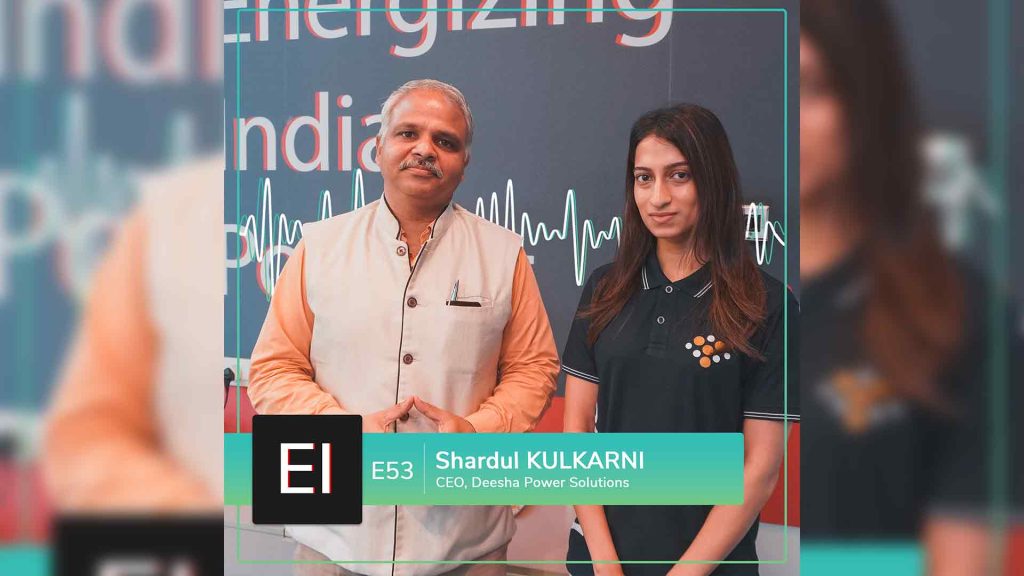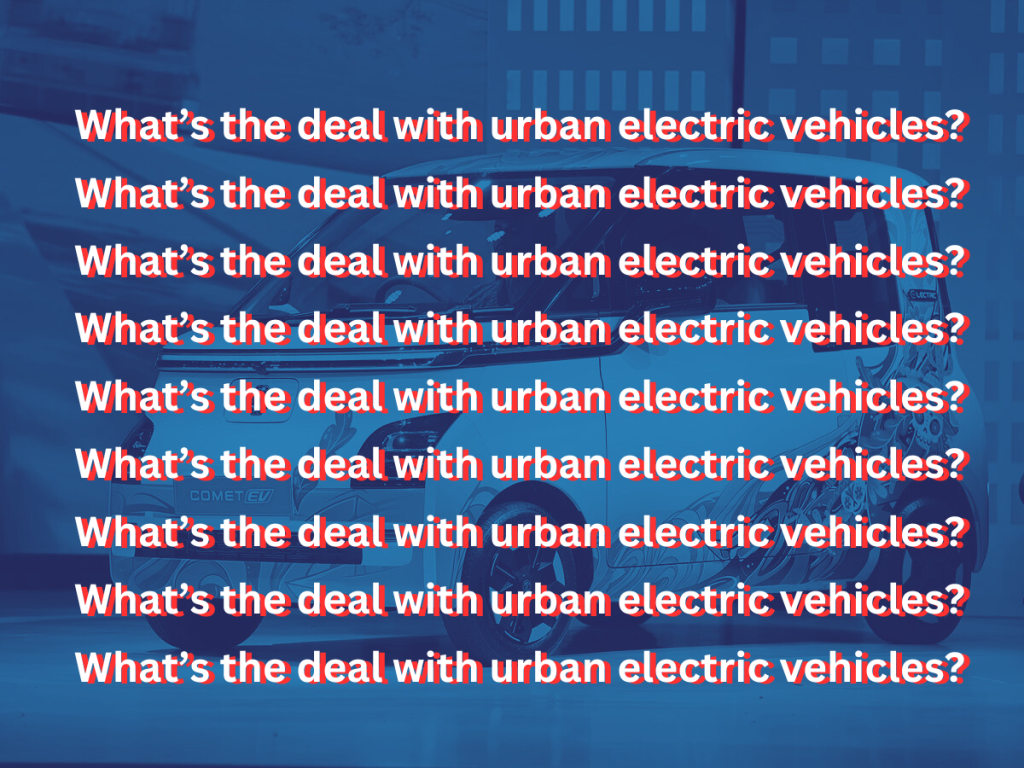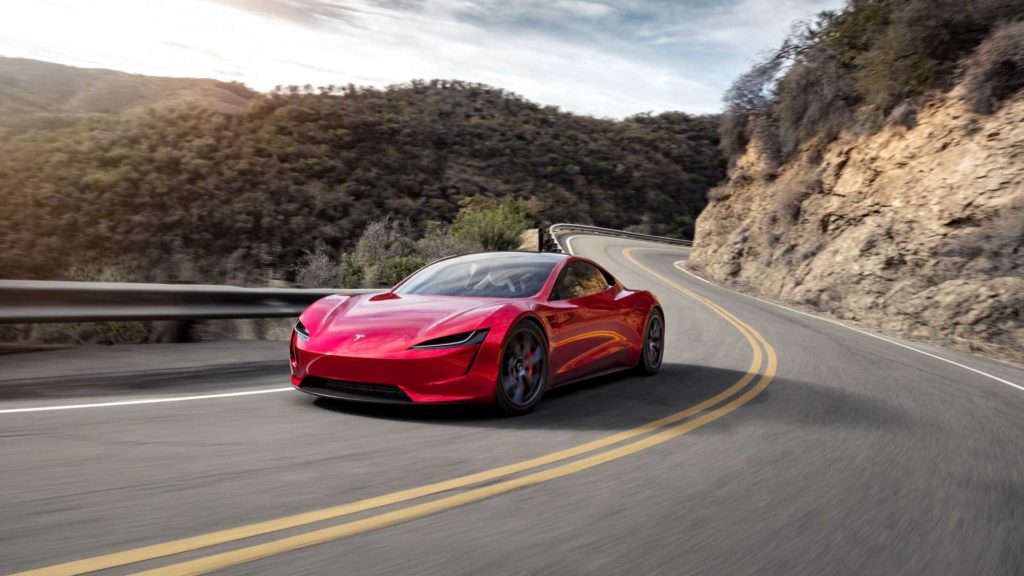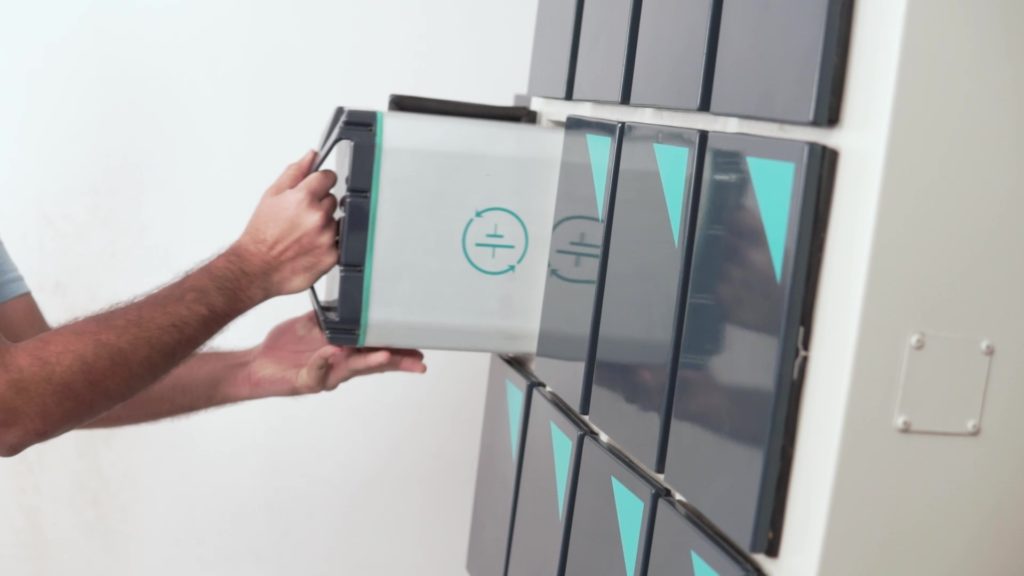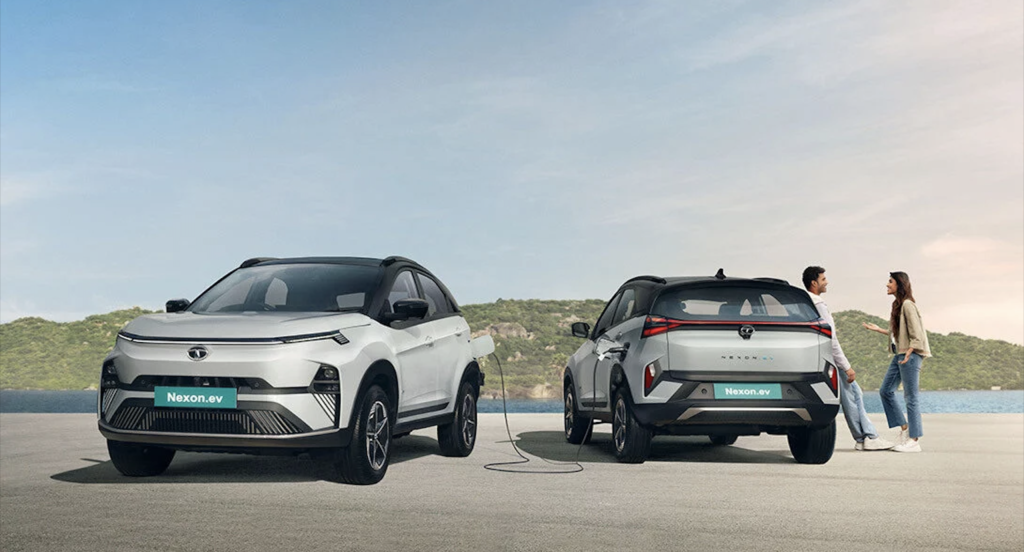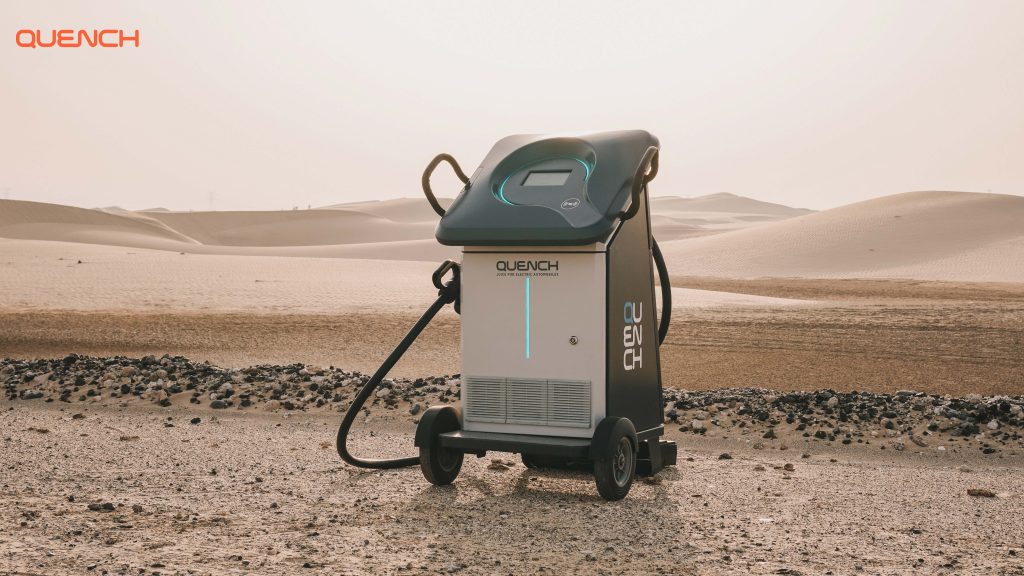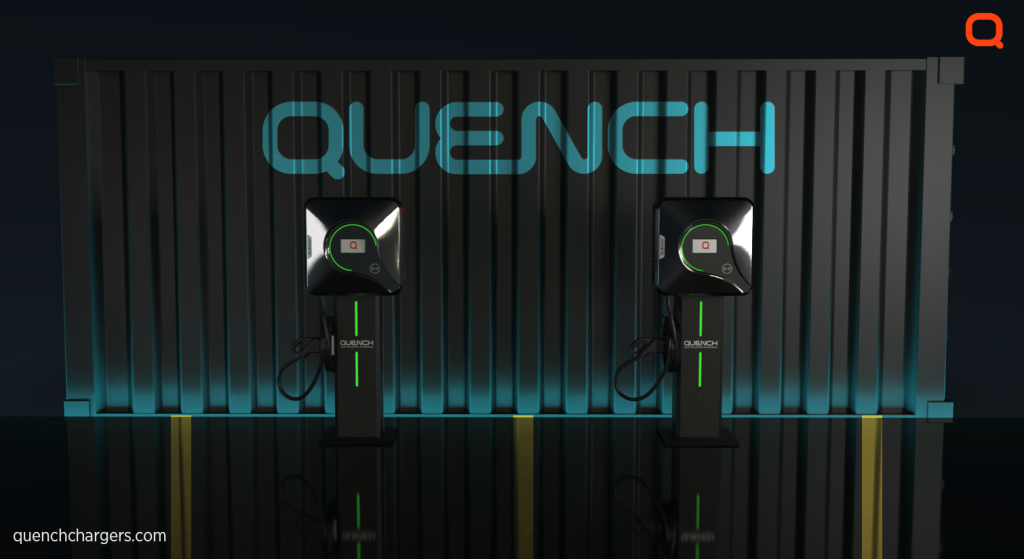The Maharashtra government facilitates the adoption of electric vehicles through incentives and subsidies for both consumers and manufacturers under its Electric Vehicle Policy, 2021-2025.
Maharashtra, a leading industrial, manufacturing, and finance hub in India, announced its Electric Vehicle (EV) Policy 2021 on July 13, 2021. It will be valid till March 31, 2025.
The new policy is a revision of Maharashtra’s EV Policy of 2018 and complements recent amendments made to the Faster Adoption and Manufacturing of Hybrid and Electric Vehicles (FAME II) incentives.
Maharashtra’s 2021 EV policy has an outlay of INR 9.3 billion (US$124.97 million) and intends to make the state India’s top producer of battery EVs in terms of annual production capacity.
Enabling measures and incentives, the goal is to make electric vehicles a cost-effective proposition.
The EV policy aims to increase market demand, ease procurement, and support their adaptability in the public and private transport sectors. It also supports the development of an EV ecosystem through increased research and development, innovation, and skill development.
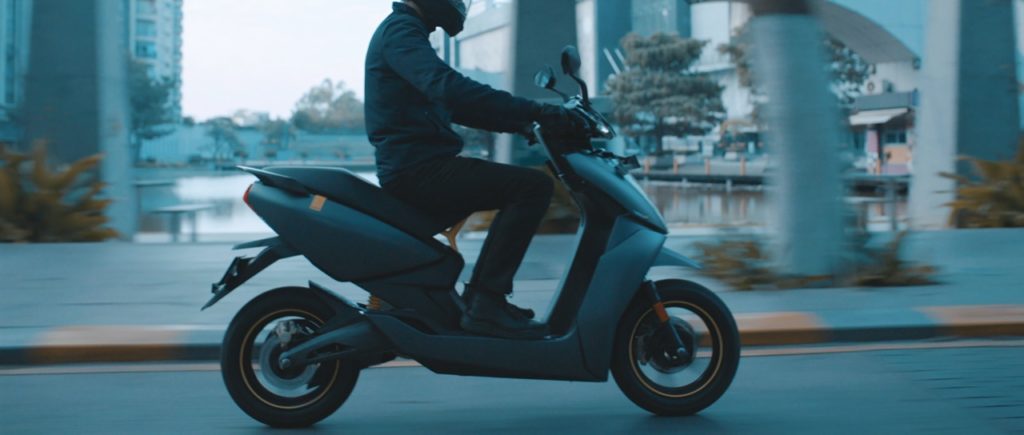
What’s in Maharashtra’s new electric vehicle policy?
Objectives
- Achieving a 10 percent share of electric vehicles in the overall new vehicle registrations in the state by 2025. This 10 percent share further translates into segmented segregation of EVs: 10 percent of two-wheelers; 20 percent of three-wheelers; five percent of four-wheelers; and 25 percent for fleet operators and the public transport sector. This 25 percent share applies to e-commerce companies, last-mile delivery and logistics service providers, and mobility aggregators operating in urban areas.
- Attaining 25 percent electrification of public transport and last-mile delivery vehicles by 2025 in the five targeted urban agglomerations of the state: Greater Mumbai, Pune, Nagpur, Nashik, and Aurangabad.
- Converting 15 percent of the total 18,000 Maharashtra State Road Transport Corporation’s (MSRTC) existing bus fleet to electric vehicles.
- Setting up at least one Gigafactory for manufacturing Advanced Chemistry Cell (ACC) batteries in Maharashtra state.
- From April 2022 onwards, all newly owned/leased government vehicles operating in major cities must be electric.
- Establishing targeted charging infrastructure: Set up at least one public charging station in a 3km x 3km grid or a minimum of 50 charging stations per million population, whichever is higher. In the policy, the following city-wise targets of public and semi-public charging stations are specified to be achieved by 2025: Greater Mumbai – 1,500; Pune – 500; Nagpur – 150; Nashik – 100; Aurangabad – 75; Amravati – 30; and Solapur – 20.
- Making the following four expressways completely EV ready by 2025 – Mumbai-Nashik Expressway, Mumbai-Nagpur Expressway, Nashik-Pune Expressway, and Mumbai-Pune Expressway – by setting up public charging infrastructure on highways at 25 km distance, keeping in mind the requirement of long-haul passengers and freight vehicles like e-buses, e-trucks, etc.
Demand incentives
The vehicles made under the FAME II scheme of the federal government will be eligible for incentives announced under the Maharashtra state scheme and these state incentives will be provided in addition to the FAME II incentives.
Below is a list of incentives available on different vehicle segments – electric two-wheelers (e-2W), electric three-wheelers (e-3W), and electric four-wheelers (e-4W) under the 2021 Maharashtra EV policy.
- Buyers purchasing EVs (except e-buses) before December 31, 2021, will be eligible for an “early bird discount” of INR 5,000/kWh of the vehicle battery capacity, over and above the discount provided in the above table. The maximum early bird discount shall be capped at INR 100,000 (US$1,343.66).
- If the EV is sold without a battery, 50 percent of the incentive amount shall be provided to the vehicle’s original equipment manufacturer (OEM) and the remaining incentive (up to 50 percent) shall be provided to the battery swapping energy operator. The vehicle OEMs should pass on all the incentives to the EV buyers.
- All the EVs sold in Maharashtra shall be exempt from road tax till March 31, 2025, unless the policy period is extended further. They shall also be exempt from the payment of fees for the issue or renewal of the registration certificate (RC). These measures will boost consumer savings.
- Financial institutions will be encouraged to offer preferential interest rates for EVs including e-autos, goods carriers, and taxis.
- The vehicles eligible for demand incentives under the policy will also be eligible for incentives for the scrapping of old vehicles. The following table lists the incentives available under different segments.
Incentives on extended battery warranty and buyback agreement
Under the state policy, additional incentives will be provided to the OEMs who offer buyback schemes for up to five-year-old vehicles, at a value not depreciated by more than 7.5 percent. The following incentives are available to OEMs:
- In case of assured buyback by the OEM, an incentive of six percent of total vehicle cost can be claimed. This incentive amount, however, is capped at INR 10,000.
- Incentives valued at four percent of the total cost can be claimed by OEMs, which provide a battery warranty of five years. This value too is capped – at INR 6,000. An OEM can avail of both incentives simultaneously, but the total claim is to be limited to INR 12,000.
Charging infrastructure incentives
These incentives under the Maharashtra EV policy will be available to those public and semi-public charging stations that do not claim incentives under FAME II. Furthermore, charging stations will be eligible for incentives only after they commence their operations.
The Maharashtra government will reportedly provide incentives covering the cost for 15,000 slow charging stations in the state – the maximum incentive amount capped at INR 10,000 per charging station. It will also provide incentives covering the cost to set up 500 moderate/fast-charging stations – with an incentive per charging station capped at INR 500,000.
Under the new policy, service providers will be permitted to install charging stations according to their business model and urban local bodies will be responsible for providing support by offering property tax rebates to residential owners for installing private charging infrastructure as well.
The current pandemic situation of COVID-19 bought in questions that will the Electric Vehicle market be able to revive its momentum after the shortcomings it suffered at this time. Incorporation of various benefits offered under the policy to help in reducing the price gap between EVs and ICE, principally for electric two and three-wheelers. The aforementioned implementation of the FAME II incentive, in addition to Maharashtra Electric Vehicle Policy 2021, will accelerate the process of EV adoption in the state. The improved subsidy offered under the new scheme will make EVs more affordable and convenient to consumers. Maharashtra has been one of the foremost states in the country in vehicle production and it aims to proceed to do so likewise with Electric Vehicle demands.


